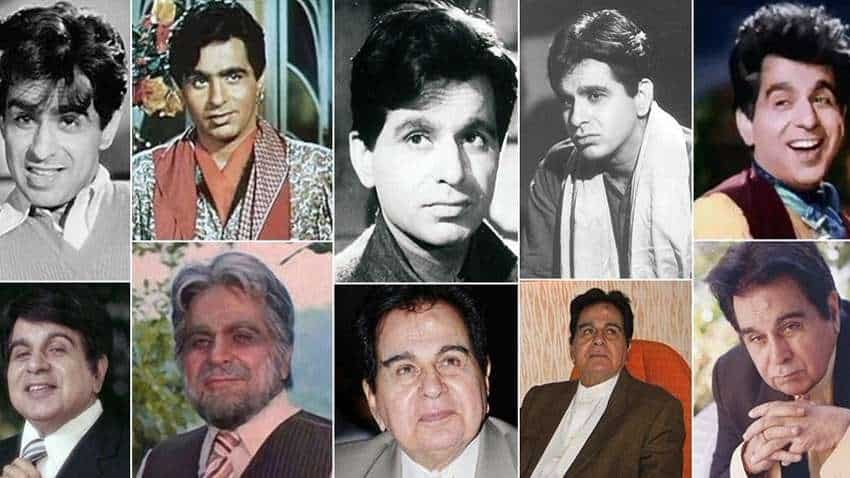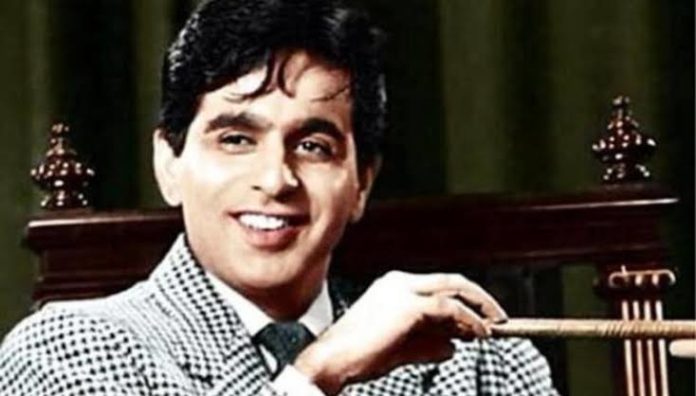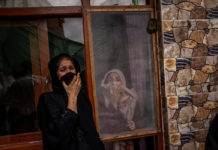A legend, an institution and an inspiration to generations. Today marks the end of an era, as we lost the brightest star of Indian Cinema. He was after all the Marlon Brando of Bollywood. The original “Badshah” of the Bombay film industry.
Imagine this: the generation that is trending and tributing him this morning over Twitter, Instagram, Facebook and the like includes millennials and Gen Z. That is the enduring power of cinema.
The death of Dilip Kumar on Wednesday draws the curtain on the Golden Age of Hindi cinema. In six decades and in over 60 films, the actor extraordinaire played a range of characters with acute sensitivity and unmatched finesse. He is associated with some of the greatest Hindi films and the most memorable songs. His contributions to the craft of performance will reverberate for decades to come.
Dilip Kumar was felicitated with several awards, including the Padma Bhushan, Padma Vibhushan, and Nishan-e-Imtiaz, Pakistan’s highest civilian honour. He is frequently described as the Tragedy King of Indian cinema, but his legacy is far too rich to be summarized by a single epithet.
He was born Mohammad Yusuf Khan on December 11, 1922, to Ayesha Begum and Mohammed Sarwar Khan in Peshawar in undivided India. He was the fifth of 12 children. The father was a fruit merchant who, in the 1930s, moved with his brood to Kolkata and later Mumbai.

In Mumbai, Yusuf Khan studied at Anjuman-i-Islam High School and later at Wilson College and then Khalsa College. At Khalsa College, he met Raj Kapoor, who, like him, would become one of the biggest names in Hindi cinema. The Khans and Kapoors knew each other from Peshawar. The future screen icons forged a bond that continued until Kapoor’s death in 1988.
He was the best ever to enter and emerge from Hindi film studios. He commanded a worldwide following of loyal fans. In 1998, he came to Pakistan to receive the coveted Nishan-e Pakistan on Pakistan Day. He was a bridge of reconciliation between the people of India and Pakistan. At the time, a senior professor of psychology at a leading women’s college in Karachi was willing to give her right arm to have the darshan of her childhood hero, the one and only Dilip Kumar.
In the late 1980s, Dilip Kumar was in Pakistan raising funds for children stricken by blood diseases on a trip sponsored by Fatimid. In 1998, in honoring Dilip Kumar, an Indian actor, the Government of Pakistan had shown large-heartedness.
Along with Raj Kapoor and Dev Anand, Dilip Kumar ruled the screen in the 1950s. He played an intense lover in Baabul (1950), Aan (1950), Tarana (1958), and Madhumati (1958), but also headlined socially relevant dramas such as Footpath (1953) and Naya Daur (1957).
He came to be known as the “Tragedy King” for his heartrending performances in Nitin Bose’s Deedar (1951) and Bimal Roy’s 1955 adaptation of Sarat Chandra Chattopadhyay’s novel Devdas. Kumar’s performance in Mehboob Khan’s Aan (1952) and K Asif’s magnum opus Mughal-E-Azam (1960) cemented his romantic leading man status.
Satyajit Ray described him as “the ultimate method actor”. Amitabh Bachchan said about him, “When the history of Indian cinema will be written, it will always have ‘before Dilip Kumar and after Dilip Kumar.”
He will be buried today at 5pm in Juhu Qabrastan at Santacruz, Mumbai. Artists belong to the world and they are our collective heritage.
In burying Dilip Kumar, a Kohinoor, would be laid to rest. No exaggeration this.
His death is a piercing loss.








